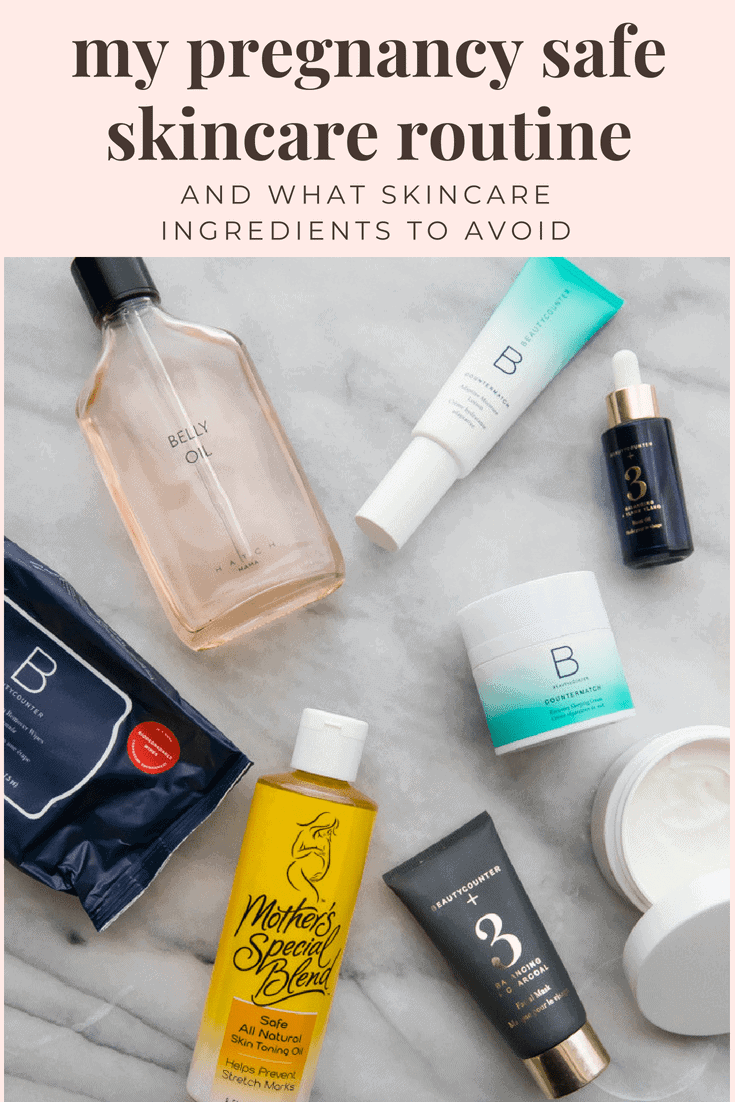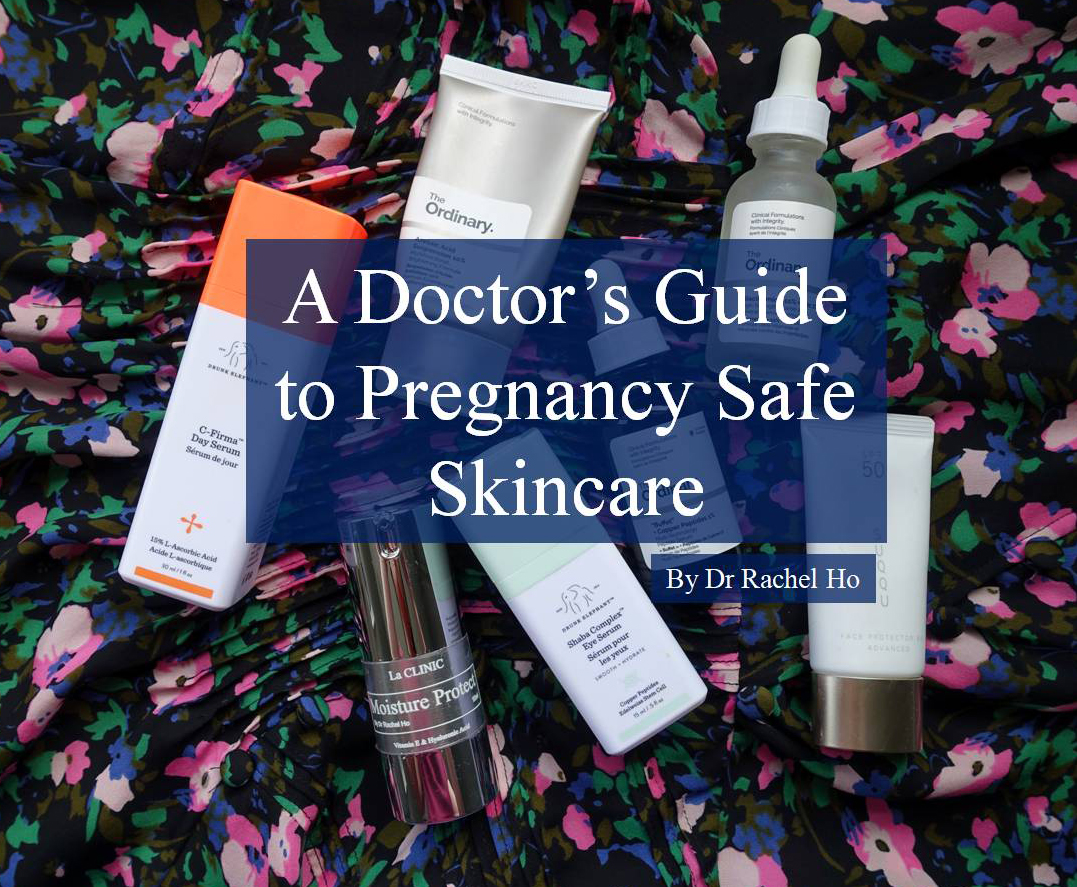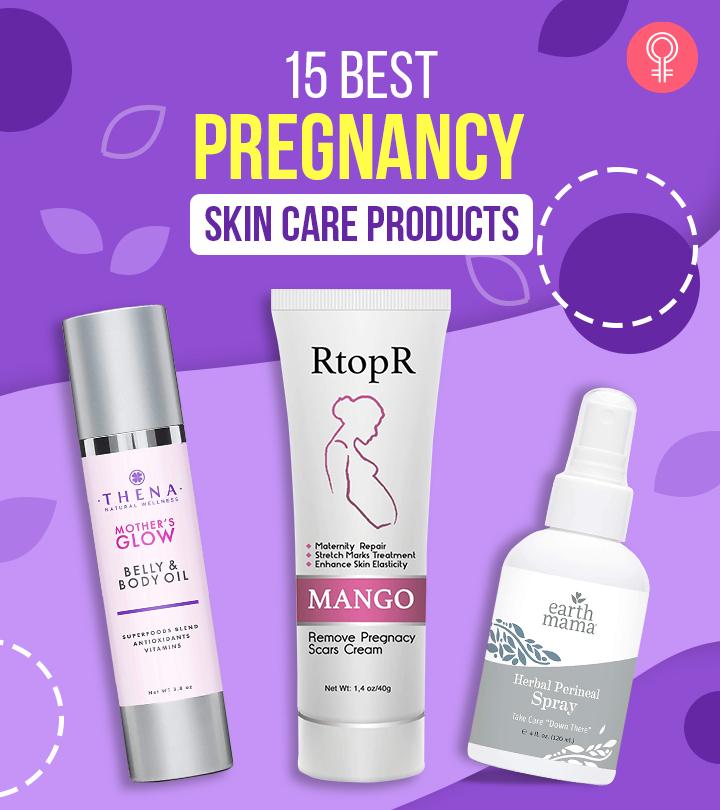Navigating Skin Care During Pregnancy: A Comprehensive Guide To Safe And Effective Products
Navigating Skin Care During Pregnancy: A Comprehensive Guide to Safe and Effective Products
Related Articles: Navigating Skin Care During Pregnancy: A Comprehensive Guide to Safe and Effective Products
Introduction
With enthusiasm, let’s navigate through the intriguing topic related to Navigating Skin Care During Pregnancy: A Comprehensive Guide to Safe and Effective Products. Let’s weave interesting information and offer fresh perspectives to the readers.
Table of Content
- 1 Related Articles: Navigating Skin Care During Pregnancy: A Comprehensive Guide to Safe and Effective Products
- 2 Introduction
- 3 Navigating Skin Care During Pregnancy: A Comprehensive Guide to Safe and Effective Products
- 3.1 Understanding the Skin’s Transformation During Pregnancy
- 3.2 Navigating the Labyrinth of Safe Skincare Products
- 3.3 Common Skin Concerns During Pregnancy and Their Solutions
- 3.4 FAQs Regarding Skincare During Pregnancy
- 3.5 Tips for Maintaining Healthy Skin During Pregnancy
- 3.6 Conclusion
- 4 Closure
Navigating Skin Care During Pregnancy: A Comprehensive Guide to Safe and Effective Products

Pregnancy is a transformative period for women, bringing with it a myriad of physiological and hormonal changes. These changes often manifest in the skin, leading to a range of concerns including acne, hyperpigmentation, dryness, and increased sensitivity. While it is essential to address these concerns, it is equally important to prioritize the safety of both the mother and the developing fetus. This comprehensive guide delves into the complexities of skincare during pregnancy, providing insights into safe and effective product choices, addressing common concerns, and offering practical tips for maintaining healthy and radiant skin throughout this special time.
Understanding the Skin’s Transformation During Pregnancy
Hormonal fluctuations during pregnancy significantly impact the skin. Increased levels of estrogen and progesterone can lead to:
- Increased oil production: This can contribute to acne breakouts, particularly in areas prone to oiliness.
- Hyperpigmentation: The production of melanin, the pigment responsible for skin color, can increase, resulting in dark patches or melasma, often appearing on the face, particularly around the cheeks, forehead, and upper lip.
- Increased blood flow: This can cause flushing and redness, particularly in the face and neck.
- Skin sensitivity: Hormonal changes can make the skin more sensitive and reactive to irritants and allergens.
- Stretch marks: The rapid expansion of the skin, especially in the abdomen, breasts, and thighs, can lead to stretch marks.
These changes underscore the importance of adopting a gentle and effective skincare regimen tailored to the unique needs of pregnancy.
Navigating the Labyrinth of Safe Skincare Products
Choosing skincare products during pregnancy requires careful consideration. Many ingredients commonly found in conventional cosmetics have not been adequately studied for their safety during pregnancy. Some ingredients may be absorbed into the bloodstream and potentially pose risks to the developing fetus.
Here are some key considerations:
- Avoid Retinoids: Retinoids, including retinol, retinoic acid, and adapalene, are potent derivatives of vitamin A that are highly effective for treating acne and wrinkles. However, they are considered potentially harmful during pregnancy, particularly in the first trimester.
- Exercise Caution with Salicylic Acid: Salicylic acid is a common ingredient in acne treatments. While generally considered safe in low concentrations, it is best to avoid high concentrations or prolonged use during pregnancy.
- Limit Hydroquinone: Hydroquinone is a skin-lightening agent often used to treat hyperpigmentation. Its safety during pregnancy is not fully established, and it is generally advised to avoid its use.
- Beware of Essential Oils: Essential oils, while often used in aromatherapy and skincare, can be potent and may not be safe for use during pregnancy. Some oils, such as lavender, peppermint, and tea tree oil, have been linked to potential risks.
- Pay Attention to Fragrances: Many skincare products contain synthetic fragrances, which can be irritating and may trigger allergic reactions. Opt for fragrance-free or hypoallergenic options whenever possible.
Instead, prioritize these ingredients:
- Gentle Cleansers: Choose mild, pH-balanced cleansers that are free of harsh sulfates and fragrances. Look for ingredients like coconut oil, jojoba oil, or glycerin.
- Moisturizers: Opt for hydrating moisturizers containing natural ingredients like hyaluronic acid, shea butter, or aloe vera. These ingredients help to retain moisture and soothe the skin.
- Sunscreens: Sun protection is essential throughout pregnancy, as the skin becomes more sensitive to the sun’s harmful rays. Choose broad-spectrum sunscreens with an SPF of 30 or higher, containing mineral filters like zinc oxide or titanium dioxide.
- Vitamin C Serums: Vitamin C is a potent antioxidant that can help to brighten the skin and protect it from damage caused by free radicals. Look for serums containing L-ascorbic acid, the most stable form of vitamin C.
- Hyaluronic Acid: This humectant attracts and retains moisture, effectively hydrating the skin and reducing dryness.
Common Skin Concerns During Pregnancy and Their Solutions
Acne: Hormonal fluctuations can trigger acne breakouts during pregnancy.
- Solutions: Focus on gentle cleansing, avoiding harsh scrubs or exfoliants. Consider using non-comedogenic (non-pore-clogging) moisturizers and spot treatments with ingredients like tea tree oil or benzoyl peroxide (in low concentrations).
Hyperpigmentation (Melasma): Dark patches or melasma often appear on the face during pregnancy due to increased melanin production.
- Solutions: Protect the skin from the sun with broad-spectrum sunscreen. Consider using topical creams containing ingredients like kojic acid, licorice root extract, or azelaic acid.
Dryness: Hormonal changes can lead to dry, itchy skin.
- Solutions: Moisturize regularly with hydrating creams or lotions. Opt for products containing ceramides, which help to repair the skin barrier and retain moisture.
Stretch Marks: Rapid skin expansion can cause stretch marks, especially in the abdomen, breasts, and thighs.
- Solutions: While there is no guaranteed way to prevent stretch marks completely, maintaining good hydration and using moisturizers containing ingredients like cocoa butter, shea butter, or vitamin E can help to minimize their appearance.
FAQs Regarding Skincare During Pregnancy
Q: Is it safe to use any skincare products during pregnancy?
A: Not all skincare products are safe for use during pregnancy. It is essential to carefully research the ingredients and consult with a dermatologist or healthcare professional before using any new products.
Q: Are all natural skincare products safe during pregnancy?
A: While natural ingredients are often considered safer, it is still crucial to exercise caution. Some natural ingredients, like essential oils, can have potent effects and may not be safe for use during pregnancy.
Q: Can I use retinol during pregnancy?
A: Retinoids, including retinol, are generally considered unsafe during pregnancy. They can potentially harm the developing fetus.
Q: What are the best ways to prevent stretch marks?
A: There is no foolproof method to prevent stretch marks, but maintaining good hydration, using moisturizers with ingredients like cocoa butter or shea butter, and gaining weight gradually can help to minimize their appearance.
Q: How can I deal with acne during pregnancy?
A: Focus on gentle cleansing, avoiding harsh scrubs or exfoliants. Consider using non-comedogenic (non-pore-clogging) moisturizers and spot treatments with ingredients like tea tree oil or benzoyl peroxide (in low concentrations).
Q: What are the best sunscreens to use during pregnancy?
A: Choose broad-spectrum sunscreens with an SPF of 30 or higher, containing mineral filters like zinc oxide or titanium dioxide.
Tips for Maintaining Healthy Skin During Pregnancy
- Hydrate, Hydrate, Hydrate: Drink plenty of water throughout the day to keep your skin hydrated from within.
- Eat a Balanced Diet: Consume a diet rich in fruits, vegetables, and whole grains to provide your skin with essential nutrients.
- Get Enough Sleep: Adequate sleep is crucial for skin health and repair. Aim for 7-9 hours of sleep per night.
- Manage Stress: Stress can negatively impact skin health. Practice stress-reducing techniques like yoga, meditation, or deep breathing exercises.
- Listen to Your Body: If you experience any unusual skin reactions or concerns, consult with a dermatologist or healthcare professional.
Conclusion
Navigating skincare during pregnancy requires a careful approach, prioritizing the well-being of both mother and baby. By understanding the skin’s unique transformations during this time and making informed choices about skincare products, expectant mothers can effectively address common concerns and maintain healthy, radiant skin throughout their pregnancy journey. Remember to consult with a dermatologist or healthcare professional for personalized advice and to ensure the safety of your skincare routine.








Closure
Thus, we hope this article has provided valuable insights into Navigating Skin Care During Pregnancy: A Comprehensive Guide to Safe and Effective Products. We thank you for taking the time to read this article. See you in our next article!
You may also like
Recent Posts
- The Art Of Persuasion: A Comprehensive Guide To Makeup Product Label Design
- A Comprehensive Look At Mary Kay Cosmetics: Reviews, Insights, And Considerations
- Affordable Skin Care: A Guide To Effective Products Under INR 100
- Navigating The World Of Mary Kay Discounted Products: A Comprehensive Guide
- The Power Of High-Resolution Images: A Guide To Acquiring The Best Visuals For Your Projects
- The Power Of Reviews: Navigating The World Of Makeup Products
- Swiss Beauty Makeup: A Comprehensive Guide To Quality And Affordability
- Embracing Natural Beauty: Makeup Tips And Techniques For Women Over 50
Leave a Reply